InFocus
There’s a lot of focus on the struggles and challenges of Indigenous people, less on our victories and even less on the local, national and international successes of every day Indigenous business people.
The Canadian Council of Aboriginal Business’ stats and data is used to bridge-build between First Nations communities and entrepreneurs and the rest of the world, but the facts and figures they’ve compiled might knock your mocs off, if you didn’t know that Indigenous owned and operated businesses, are booming.
Of the $32 billion Indigenous people reportedly contributed to Canada’s economy in 2016, more than $12 billion was from indigenous businesses, said CCAB president and CEO JP Gladu.
“There are over 60,000 entrepreneurs from our communities,” said Gladu, whose organization has more than 700 members.
“It’s Canada’s best kept secret.”
Yet it shouldn’t be all that shocking when you think back in this country’s history.
“I like to remind people that Canada’s first economic engine was powered by our people,” he said. “And before that, we were trading plants, animals, land and more long before contact.”
The area surrounding Alberta’s oil sands is particularly rich with indigenous-owned businesses related to the natural resource industry there.
The average Canadian household income is $38,000 while the average Albertan’s is $50,000 while indigenous people in the natural resource industry and its spinoffs is on average, $73,500, Gladu said.
But we’ve branched into much more like IT, architecture, engineering, printing, construction.
The Canadian government invests in all business, big and small, spanning a vast number of industries from coast to coast, including indigenous business procurement to the tune of $14.6 billion a year. CCAB has asked that it be boosted five per cent by 2024 to support a growing number of its programs for indigenous business people.
Watch the full episode of InFocus here: InFocus May 15





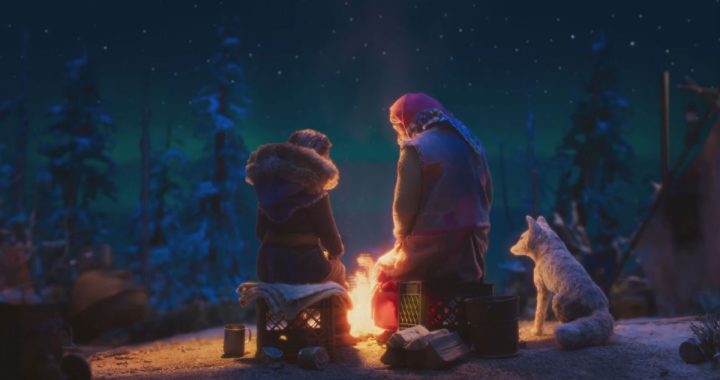
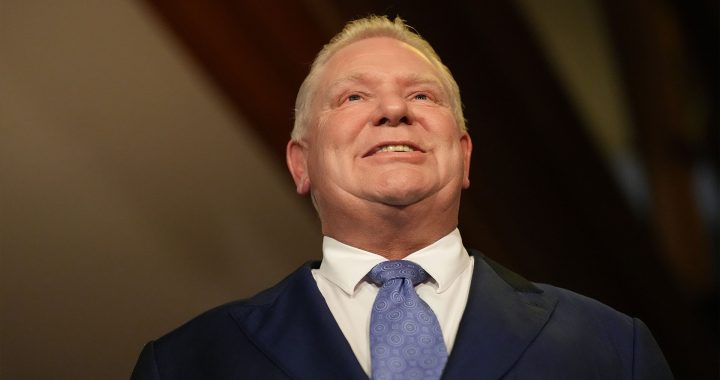
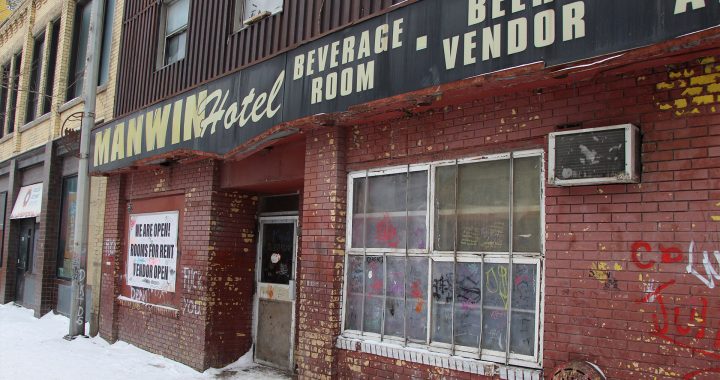
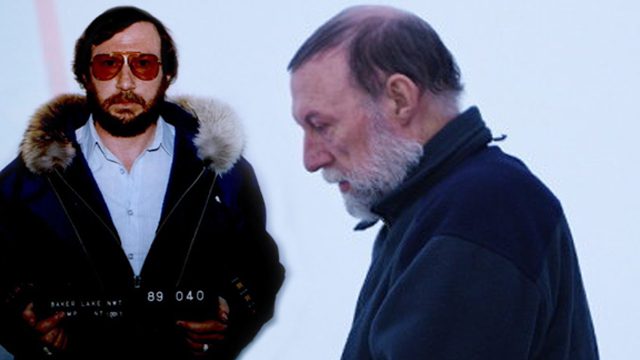
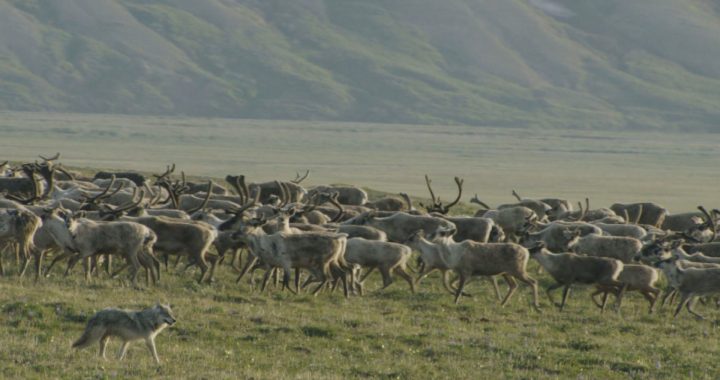


There is a growing Aboriginal business that is going on in Canada, but how is this changing the standard of living of Aboriginal communities? There is a lack of decent housing (housing based on Native culture), poverty, lack of potable water, and higher education. There is a racism that is affecting Native nations, as Kitt Carson once stated, and is still prevalent today, “the only good indian; is a dead one.” How do you overcome this racism?